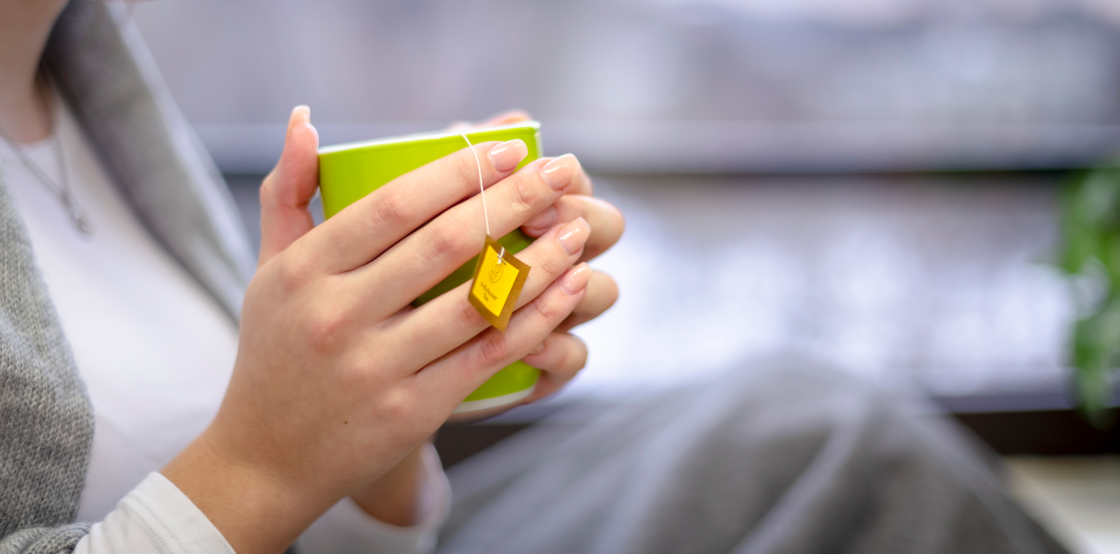— Aufgrund der Übernahme der Praxis Treusch kommt es teils zu längeren Wartezeiten. Nutzen Sie die Vorteile der Terminvereinbarung und Vorbestellung um unnötige Wartezeiten zu vermeiden. —
recovery tips
As diseases are rather stressful, we have put together a few effective behavioral measures in order for you to recover as quickly as possible.
If you have any further questions or concerns, don’t hesitate to ask a staff member.
Get well soon!
Bladder infection
For the most part bacteria from the intestinal tract trigger the inflammation of the bladder wall. Viruses, fungi or parasites are rarely a cause.
Risk factors
- Reduced defenses through weakened immune system, pregnancy, …
- Diabetes mellitus, Hypothermia
- Germs, as for example through sexual intercourse
- Other reasons: Bladder dysfunction, not enough fluid intake, high pH-level of urine
Treatment of a bladder infection
- Drink a lot ( about 2-3 liters per day ) and keep the body warm
- Physical conservation
- Buy bladder- and kidney tea in a pharmacy the moment you notice the first symptoms of a bladder infection
- Intake of herbal medicine
- If necessary, take antibiotics
If the symptoms last longer than five days despite self-medication, a doctor’s visit is urgently advisable. The following groups of people should always visit a doctor at the first symptoms of a bladder infection: Pregnant women and women who are breastfeeding, diabetics, patients with renal insufficiency and a severe heart disease.
Additional Information
Another form of prevention and treatment of recurrent bacterial urinary infections is the StroVac – vaccination. The primary immunization with the StroVac – vaccination is done three times every two weeks. It guarantees protection for about twelve months. However, this is not a benefit paid by the general health insurance and must be paid by the patient himself ( about 140€ ).
Cold
Hygiene regulations
- Washing / disinfecting your hands often and coughing / sneezing into a tissue or the sleeve reduces the contagiousness
- Dispose used tissues quickly
- Avoid handshakes and hugs
- Keep distance from infants and elderly people
Basically, the following applies
- Avoid sports and other physical activities
- Make sure you have enough sleep and support the immune system by absorbing enough zinc and vitamin C
- Try bathing with eucalyptus oil or menthol since these oils free the respiratory tract ( but don’t bathe small children and infants with these )
- Inhale soothing herbs like sage and chamomile or salt, eucalyptus and menthol which have a decongestant effect
- Drinking tea with lime blossoms, elderberry blossoms, thyme, anise and sage and the intake of hot lemon help the body in such a situation
Recommended medicine
- Use nose spray when you have a cold
- Use pain relievers ( Ibuprofen, Paracetamol ) when you have a headache and/or limb pain
- Use cough suppressant ingredients when you have severe cough
- Use lozenges when your throat is soar
A doctor should be contacted for high fever ( above 39° ), persistent headache, shortness of breath, cough with yellow and green sputum, severe cough and chest pain.
Magen-Darm-Infekt
Hygiene spielt eine wesentliche Rolle:
- Händewaschen nach dem Toilettengang/Erbrechen
- Händewaschen vor und nach dem Kochen und Essen
- gründliche Reinigung/Desinfektion von kontaminierten Flächen (mit Einmaltüchern)
- Engen Kontakt zu anderen Personen vermeiden (Ansteckungsgefahr)
Bei der Nahrungsaufnahme/Flüssigkeitsaufnahme ist folgendes zu beachten
Empfohlene Getränke
- Fenchel-, Melissen-, Kamillen- oder verdünnter schwarzer Tee, in jede Tasse 1 Teelöffel Zucker oder Honig und eine kleine Prise Salz geben. Anfangs schluckweise trinken
- Mineralwasser mit wenig Kohlensäure oder stilles Wasser
- Möchte man Cola/Limonade trinken, bitte darauf achten, dass kein Süßstoff enthalten ist
- Bei Durchfall ausreichende Flüssigkeitszufuhr, ca. 2-3 l pro Tag
Empfohlene Lebensmittel
- Anfangs Salzcracker/-stangen, Zwieback, Weißbrot
- „langweilige Kohlenhydrate“ wie Nudeln (ohne Soße), Reis (möglichst lang gekocht), Kartoffeln (auch Schupfnudeln, Gnocchi etc.); klare Brühe / Nudelsuppe etc.
- Dann allmählicher Kostaufbau mit magerem Fleisch, gekochtem Gemüse, Banane
- Ungünstig sind anfangs fette und blähende Speisen. Auch Rohkost, Fleisch und Milchprodukte werden während des Infekts schlecht vertragen.
Empfohlene Medikamente (frei verkäuflich)
- Dimenhydrinat (Vomex) als Tabletten oder Zäpfchen gegen Übelkeit
- Loperamid (Immodium) gegen Durchfall
- Buscopan oder Iberogast gegen Bauchkrämpfe
Prinzipiell sollte man auf das eigene Körpergefühl achten; wenn überhaupt kein Appetit besteht kann auch ein Verzicht auf feste Nahrung für ein bis zwei Tage sinnvoll sein. Außerdem sollten Sie sich schonen.
Ein Arzt sollte kontaktiert werden, wenn der Durchfall trotz Einhalten der Diätempfehlungen nach 2 Tagen nicht aufhört oder blutig ist, Fieber über 38,5 Grad auftritt, Säuglinge, Kleinkinder, Schwangere oder ältere Menschen betroffen sind.
contact us
Fax: 089 / 12 25 70 24
address
Candidplatz 9
81543 München


